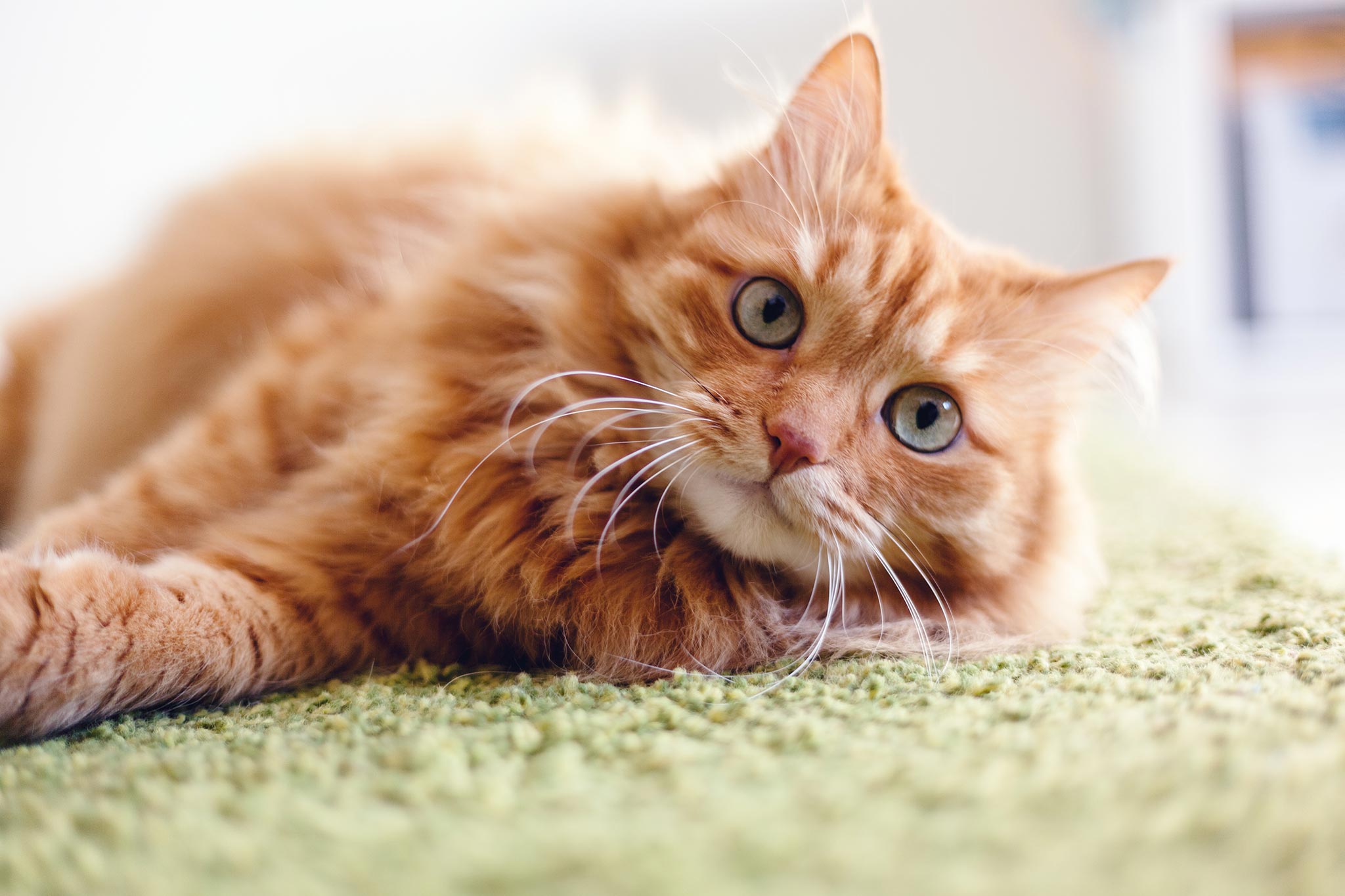Is Your Cat Not Eating? Here is What You Need to Know To Help Your Pet
When your cat stops eating, it can be a sign that something’s not right. This blog is designed to help you understand why your cat may not be eating and what steps you can take to help. It’s important to pay close attention to your cat’s eating habits because changes can indicate health issues that might need professional attention. If you’re worried about your cat not eating, we’re here to help. You can always reach out to Pets Furst Urgent Care in Langhorne, PA, at (215) 755-1000 for more information or to schedule an appointment. Let’s explore some common reasons why cats may lose their appetite and what actions you can take.

Understanding Why Cats Stop Eating
Cats might stop eating for a variety of reasons, ranging from simple preferences to more serious health concerns. Sometimes, a cat may just be picky or stressed by changes in the environment. However, loss of appetite can also be a sign of dental problems, infections, kidney disease, or other serious conditions. It’s essential to monitor your cat’s behavior and eating habits closely, so you can catch any issues early.
Signs to Watch For
Besides not eating, there are other signs that could indicate your cat is not feeling well. These include changes in drinking habits, being less active, hiding more than usual, or any changes in weight. If you notice these signs along with a decreased appetite, it’s a good idea to get in touch with our team at Pets Furst Urgent Care for advice and support.
The Importance of Professional Evaluation
If your cat hasn’t eaten for more than a day, it’s important to seek professional help. Cats are good at hiding discomfort, and not eating could be their way of showing something’s wrong. Our team at Pets Furst Urgent Care can provide a thorough examination to get to the root of the problem. We’ll check for any signs of illness and offer the best course of action to help your cat start eating again.
Supporting Your Cat at Home
While professional advice is key, there are ways you can support your cat at home. First, try offering a variety of foods to see if your cat has a preference. Make sure their eating area is quiet, safe, and free from stress. Sometimes, warming up the food or offering wet food can make it more appealing to your cat. Remember, these tips are not substitutes for veterinary care but can be helpful while you’re seeking professional advice.
The Role of Nutrition in Recovery
Proper nutrition is essential for your cat’s health and recovery. Our team can recommend specific diets that support healing, especially if your cat is recovering from an illness or surgery. Feeding your cat the right food can make a big difference in their recovery process, and we’re here to provide personalized advice tailored to your cat’s needs.
When to Call Pets Furst Urgent Care
If you’re concerned about your cat not eating, or if you’ve noticed any other worrying signs, it’s time to call us. Even if you’re not sure, it’s better to be safe and get your cat checked out. You can reach Pets Furst Urgent Care at (215) 755-1000. We’re here to answer your questions, provide support, and schedule an appointment to ensure your cat gets the care they need.
Caring for a cat that’s not eating can be stressful, but understanding the possible reasons and knowing when to seek help can make a big difference. Always keep a close eye on your cat’s eating habits and general well-being. And remember, we at Pets Furst Urgent Care in Langhorne, PA, are always here to support you and your cat through every health concern. Together, we can work towards getting your cat back to their happy, healthy self.
recent posts
About Us
At Pets Furst Urgent Care, your time is important to us. That’s why we’re here: To provide the highest level of pet urgent care possible on a walk-in basis. That means you can stop in at any time during our office hours to see a knowledgeable veterinarian.

